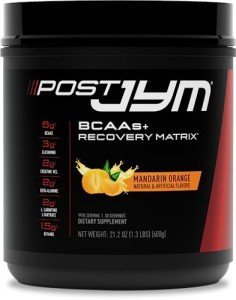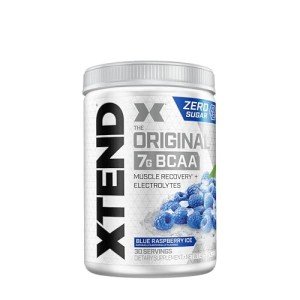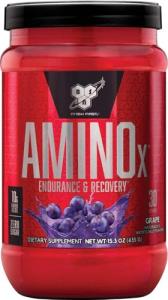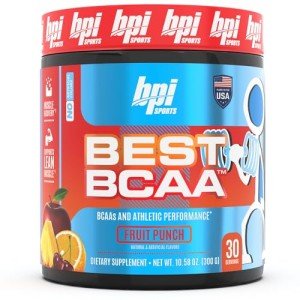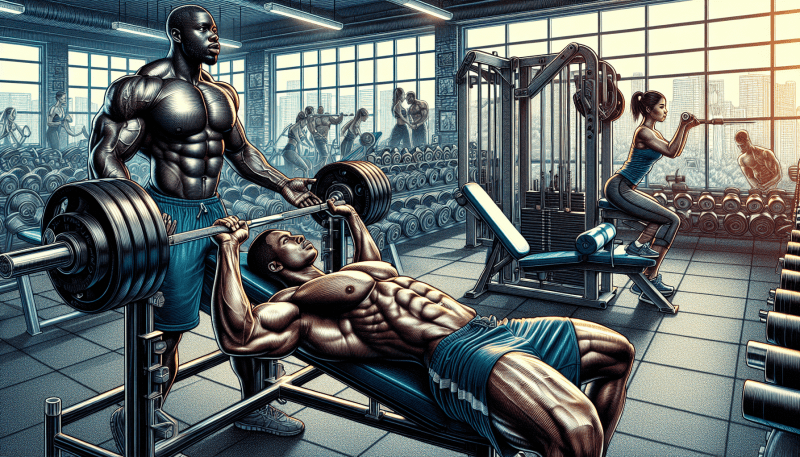Introduction
Building strong chest muscles requires more than just heavy lifting and consistent training—it also requires the right nutrition. After an intense chest workout, your muscles need the right nutrients to repair and grow. Proper nutrition can significantly impact recovery time, reduce muscle soreness, and promote muscle growth. In this article, we’ll explore the essential nutrients and nutrition tips that can help support your chest muscle recovery and maximize your gains.
The Importance of Post-Workout Nutrition
After a strenuous chest workout, your muscles undergo microscopic damage. To repair this damage, your body needs adequate nutrition. Without the right nutrients, recovery is slower, and muscle growth may be stunted. Post-workout nutrition provides the energy and building blocks necessary for muscle repair. Here's a breakdown of the most important nutrients for chest muscle recovery:
1. Protein: The Cornerstone of Muscle Repair
Protein is essential for muscle recovery because it provides the amino acids that your muscles need to repair and grow. When you work out, you create small tears in your muscle fibers. Protein helps rebuild these fibers, making them stronger and more resilient for the next workout.
Best Sources of Protein:
- Whey protein: A fast-digesting protein that quickly replenishes your muscles.
- Chicken, turkey, or lean beef: Excellent sources of high-quality protein.
- Fish (especially salmon and tuna): Rich in protein and healthy fats.
- Eggs: Packed with essential amino acids.
- Plant-based proteins: If you’re vegetarian or vegan, sources like lentils, chickpeas, quinoa, and tofu are great alternatives.
How Much Protein Should You Consume?
For optimal chest muscle recovery, aim to consume around 0.7-1 gram of protein per pound of body weight. For example, if you weigh 150 pounds, you should aim for 105-150 grams of protein per day, divided across your meals and snacks.
2. Carbohydrates: Replenishing Energy Stores
During chest workouts, your body uses glycogen stored in your muscles for energy. After your workout, it's essential to replenish these glycogen stores to ensure you have enough energy for your next workout. Carbohydrates are the primary source of energy, and consuming them after a workout will help replenish glycogen and fuel recovery.
Best Sources of Carbohydrates:
- Sweet potatoes: Packed with fiber and vitamins.
- Whole grains (brown rice, quinoa, oats): Provide a steady release of energy.
- Fruits (bananas, berries, apples): Naturally high in carbs and rich in antioxidants.
- Vegetables: Leafy greens and starchy vegetables like squash and carrots can boost carbohydrate intake.
How Much Carbohydrates Should You Consume?
Aim for about 1.2-2 grams of carbohydrates per kilogram of body weight after a workout. This will help restore glycogen levels and prevent muscle breakdown. For a 150-pound person, this is about 150-250 grams of carbohydrates per day.
3. Fats: Supporting Muscle Recovery and Hormonal Balance
While fat isn’t the primary macronutrient for immediate recovery, it still plays an important role in overall recovery and muscle repair. Healthy fats are crucial for supporting hormone production, including testosterone, which plays a significant role in muscle growth. Additionally, fats help reduce inflammation and provide long-lasting energy.
Best Sources of Healthy Fats:
- Avocados: A rich source of healthy monounsaturated fats.
- Nuts and seeds (almonds, walnuts, chia seeds): Full of omega-3 fatty acids.
- Olive oil: A great source of heart-healthy fats.
- Fatty fish (salmon, mackerel): Packed with omega-3s that fight inflammation.
How Much Fat Should You Consume?
Aim to consume about 0.3-0.4 grams of fat per pound of body weight. For example, if you weigh 150 pounds, you should target 45-60 grams of fat per day.
4. Hydration: The Key to Effective Recovery
Staying hydrated is crucial for recovery. Dehydration can lead to muscle cramps, fatigue, and a slower recovery process. After a chest workout, you should focus on rehydrating to help transport nutrients to the muscles, flush out waste products, and maintain proper muscle function.
How Much Water Should You Drink?
A good rule of thumb is to drink at least 8 ounces of water for every 15 minutes of exercise. After a chest workout, aim to drink at least 16-24 ounces of water to start, and continue hydrating throughout the day.
Electrolytes
Along with water, consider replenishing lost electrolytes, especially if your workout was intense or lasted for a long duration. Adding an electrolyte-rich drink (like coconut water or a sports drink) can help restore sodium, potassium, and magnesium levels.
5. Micronutrients: The Unsung Heroes of Recovery
While macronutrients like protein, carbs, and fats are essential for recovery, micronutrients like vitamins and minerals also play a crucial role. Vitamins and minerals are involved in energy production, protein synthesis, and the repair of muscle tissues.
Key Micronutrients for Recovery:
- Vitamin C
- Supports collagen production, which is vital for muscle repair. Found in citrus fruits, bell peppers, strawberries, and broccoli.
- Vitamin D
- Helps with calcium absorption and muscle function. Found in sunlight, fortified foods, and fatty fish.
- Magnesium
- Helps relax muscles and prevent cramps. Found in leafy greens, nuts, seeds, and whole grains.
Ensure you’re consuming a varied diet rich in fruits, vegetables, and whole foods to get all the essential vitamins and minerals needed for recovery.
Sample Post-Workout Meal for Chest Recovery
Here’s a simple and effective post-workout meal to support chest muscle recovery:
- Grilled chicken breast (4 oz)
- Quinoa (1 cup cooked)
- Sweet potato (1 medium-sized)
- Steamed broccoli (1 cup)
- A glass of water with a pinch of sea salt to replenish electrolytes
This meal contains a good balance of protein, complex carbohydrates, healthy fats, and micronutrients, all of which are essential for optimal chest muscle recovery.
Conclusion
Proper nutrition is essential for muscle recovery and growth, especially after a tough chest workout. By fueling your body with the right combination of protein, carbohydrates, healthy fats, and micronutrients, you’ll enhance recovery, reduce soreness, and support muscle repair. Hydration also plays a crucial role, so make sure to replenish fluids post-workout. By following these nutrition tips, you’ll be giving your chest muscles the best possible environment to recover and grow stronger for your next workout.

